My Silent War
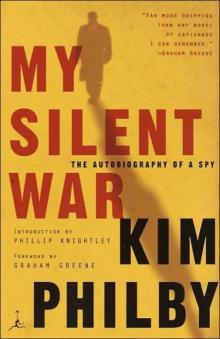

Author: Kim Philby
Category: Other3
Published: a long time ago
Series:
View: 580
Read OnlineIn the annals of espionage, one name towers above all others: that of H.A.R. “Kim” Philby, the ringleader of the legendary Cambridge spies. A member of the British establishment, Philby joined the Secret Intelligence Service in 1940, rose to the head of Soviet counterintelligence, and, as MI6’s liaison with the CIA and the FBI, betrayed every secret of Allied operations to the Russians, fatally compromising covert actions to roll back the Iron Curtain in the early years of the Cold War.Written from Moscow in 1967, My Silent War shook the world and introduced a new archetype in fiction: the unrepentant spy. It inspired John le Carré’s Smiley novels and the later espionage novels of Graham Greene. Kim Philby was history’s most successful spy. He was also an exceptional writer who gave us the great iconic story of the Cold War and revolutionized, in the process, the art of espionage writing.From Publishers WeeklyTreachery is the subject of My Silent War: The Autobiography of a Spy, the 1968 memoir of Kim Philby, the double agent who headed the Cambridge Five spy ring that fed British and American WWII and Cold War intelligence to the Soviet Union. Philby became a communist and Soviet agent in the 1930s, then easily joined MI6 and rose to be head of British Counterintelligence before seeking asylum in Moscow in 1963 (where he lived until his death in 1988). Back in print after 12 years, Philby's riveting, psychologically acute tale of spycraft offers a rather unflattering picture of the British secret service, and also addresses why he remained committed to communism even after revelations of Stalin's crimes. Copyright 2002 Reed Business Information, Inc. Review“Far more gripping than any novel of espionage I can remember.” —Graham Greene“To this day I am convinced that he was not an ideologue. Spying was just his way of being above lesser mortals.” —Nigel West “Addictive . . . highly polished . . . written with style and a feline sense of irony, making it a much better read than any of the other Philby literature.” —The Guardian“Philby has no home, no women, no faith. Behind the inbred upper-class arrogance, the taste for adventure, lies the self-hate of a vain misfit for whom nothing will ever be worthy of his loyalty. In the last instance, Philby is driven by the incurable drug of deceit itself.” —John le Carré
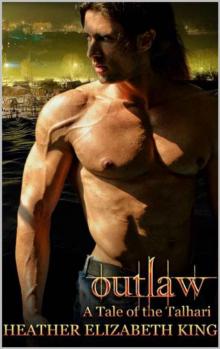 Outlaw (A Tale of the Talhari Book 2)
Outlaw (A Tale of the Talhari Book 2) Malicious
Malicious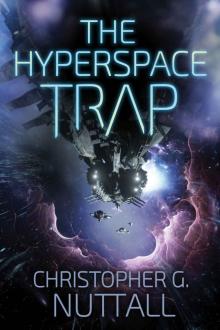 The Hyperspace Trap
The Hyperspace Trap Elegant Seduction (Trinity Masters Book 6)
Elegant Seduction (Trinity Masters Book 6) Oral Exam
Oral Exam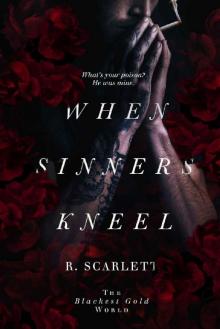 When Sinners Kneel
When Sinners Kneel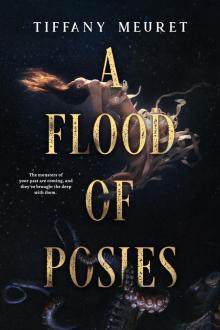 A Flood of Posies
A Flood of Posies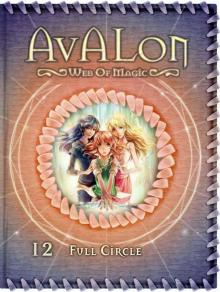 Full Circle (Avalon: Web of Magic #12)
Full Circle (Avalon: Web of Magic #12)